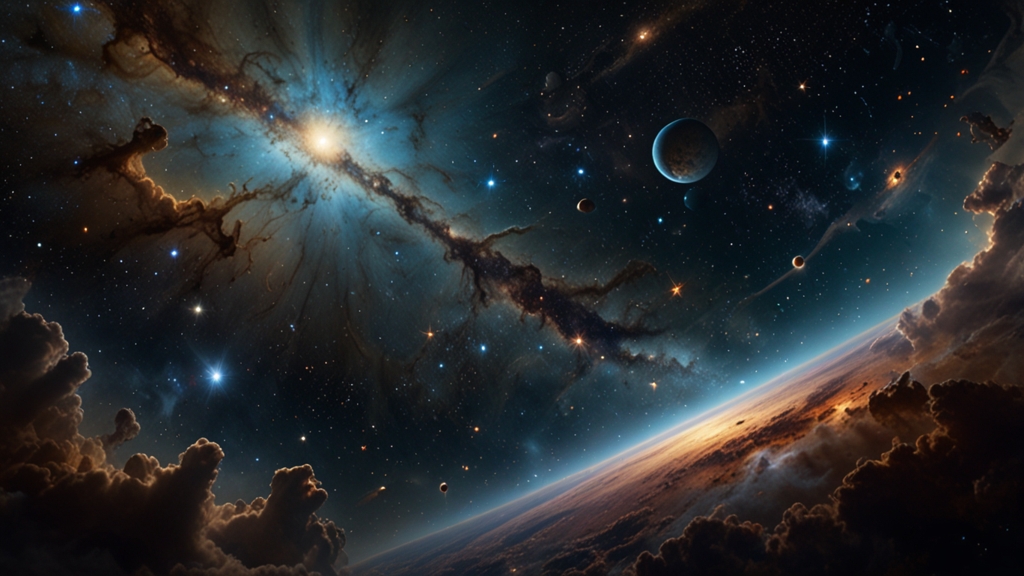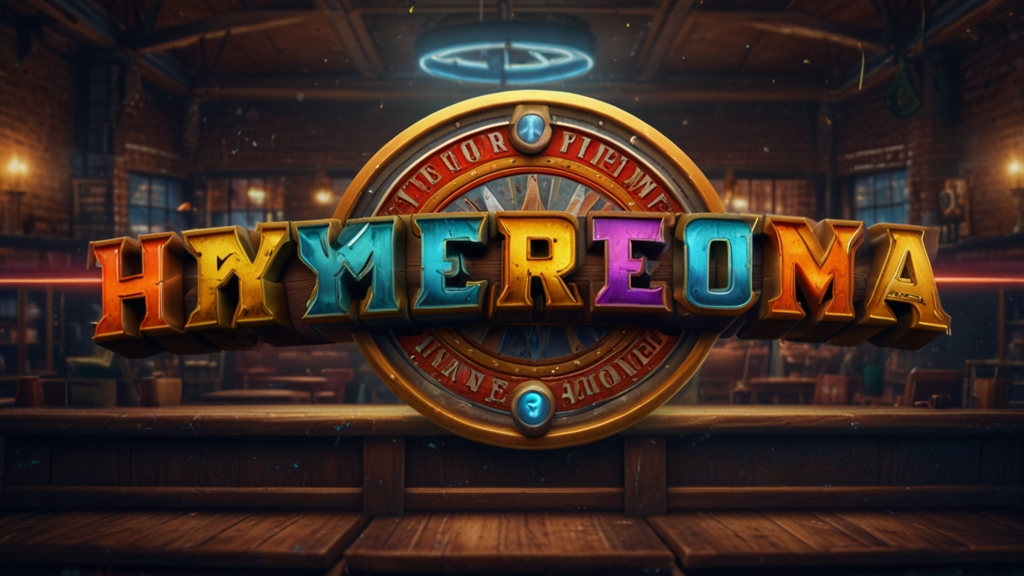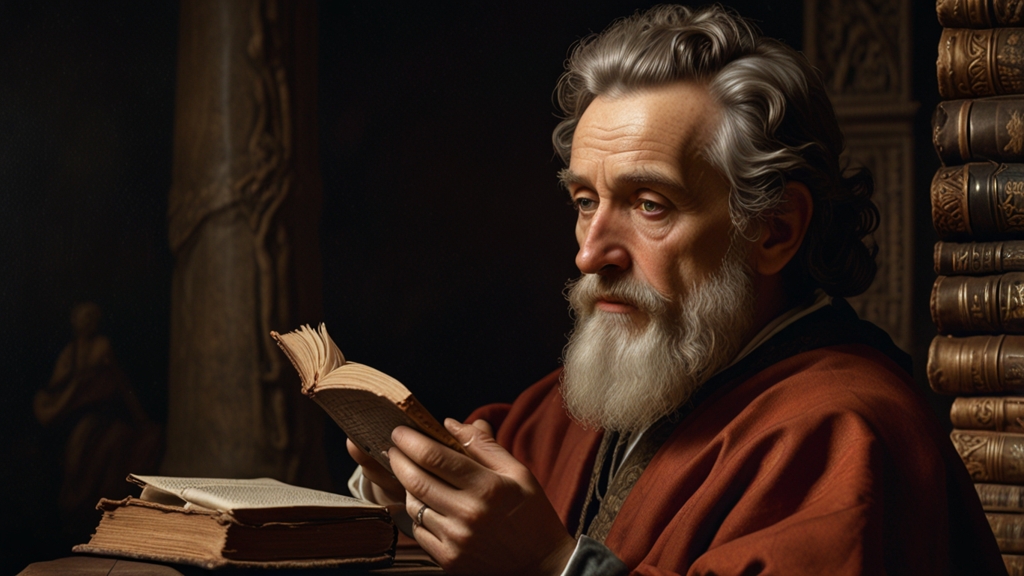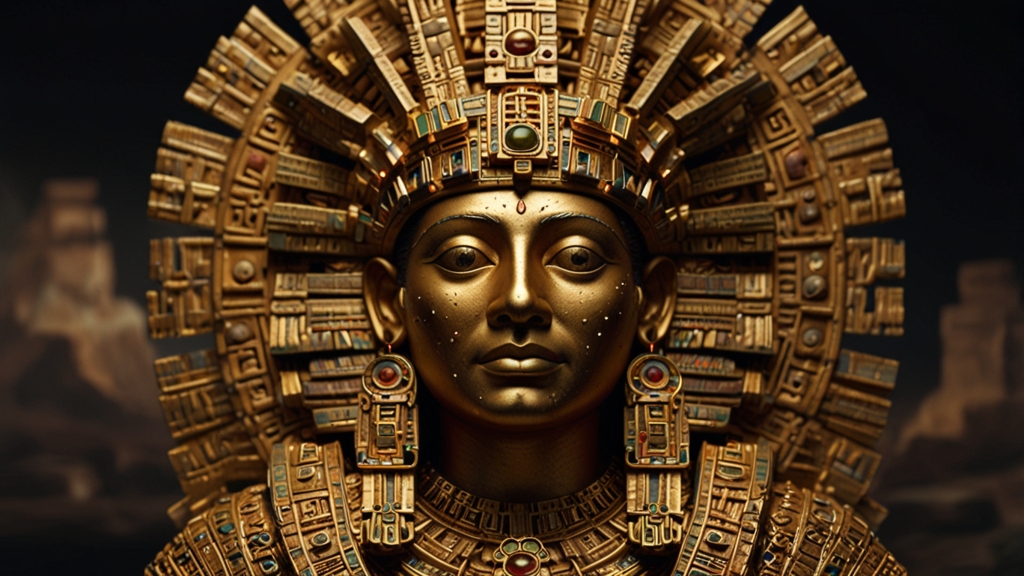Genesis as a Metaphor for Modern Life
The Book of Genesis, the first book of the Bible, is a complex and multifaceted narrative that tells the story of the creation of the world and the early history of humanity. While often interpreted through religious and historical lenses, Genesis also serves as a rich metaphorical framework for understanding modern life. Its themes of creation, fall, and redemption resonate deeply with contemporary experiences and societal challenges.
Creation and Innovation
Genesis begins with the act of creation, where God transforms chaos into an ordered universe. This primordial act mirrors human creativity and the perennial quest for innovation. In modern life, we continually find ourselves in situations where we need to bring order to chaos, whether it's through scientific breakthroughs, artistic endeavors, or technological advancements. The entrepreneurial spirit that drives start-ups and the problem-solving mindset of scientists echo the divine act of creation.
“In the beginning, God created the heavens and the earth.” (Genesis 1:1)
This foundational verse highlights the intrinsic human urge to create, to bring new things into existence, and to seek out novel solutions to enduring problems. Just as the divine creation was a deliberate and thoughtful process, our modern acts of creation require intention, effort, and ingenuity.
The Fall and Ethical Dilemmas
The story of Adam and Eve and their subsequent fall from grace after eating the forbidden fruit is a powerful allegory for the ethical dilemmas and moral complexities that we face today. In a world replete with technological advancements and unparalleled access to information, the boundary between right and wrong can often become blurred.
“But of the tree of the knowledge of good and evil, thou shalt not eat of it: for in the day that thou eatest thereof thou shalt surely die.” (Genesis 2:17)
This warning can be seen as a metaphor for contemporary issues such as data privacy concerns, genetic engineering, and artificial intelligence. Just as Adam and Eve grappled with the consequences of their actions, modern society must navigate the ethical implications of our innovations and choices.
Redemption and Renewal
Despite the fall, Genesis also offers a narrative of hope and renewal. The story arcs involving Noah's Ark and the covenant between God and humanity emphasize the possibilities for redemption and new beginnings. In today's world, we frequently encounter setbacks, both personal and societal. Economic downturns, environmental crises, and social injustices are some of the many challenges that demand a response akin to Noah’s—actions that lead to renewal and restoration.
The concept of redemption is particularly relevant in the context of environmental sustainability. Just as Noah preserved life through the Ark, modern efforts toward conservation and sustainability aim to safeguard our planet for future generations. The idea that we can rectify our past mistakes and cultivate a better future is deeply embedded in both the narrative of Genesis and the zeitgeist of our time.
Community and Responsibility
Finally, Genesis underscores the importance of community and collective responsibility. The narrative of Cain and Abel explores the consequences of personal actions on the larger community, reminding us that our individual behaviors have broader, societal impacts. In an increasingly interconnected world, the principle of communal responsibility is more pertinent than ever. Issues such as climate change, global pandemics, and social inequality require collective action and cooperation.
In essence, the stories and themes found in Genesis serve as profound metaphors that illuminate the complexities and aspirations of modern life. The acts of creation inspire innovation, the fall reminds us of ethical boundaries, and the possibilities for redemption offer hope for renewal. As we navigate the intricacies of contemporary existence, Genesis offers timeless wisdom that remains relevant, guiding us toward a more thoughtful and responsible future.








